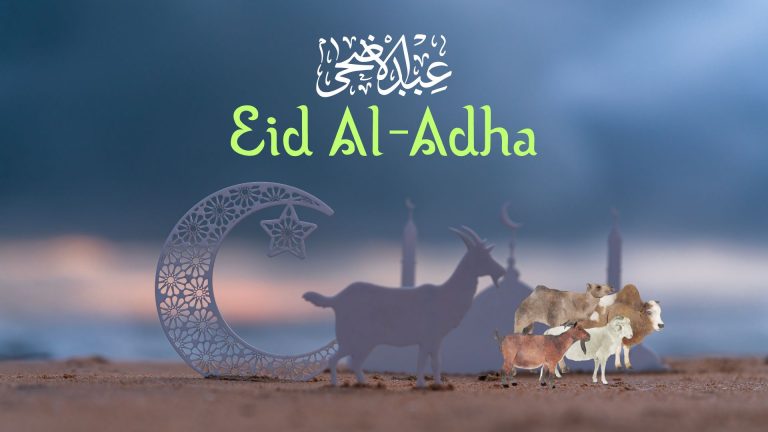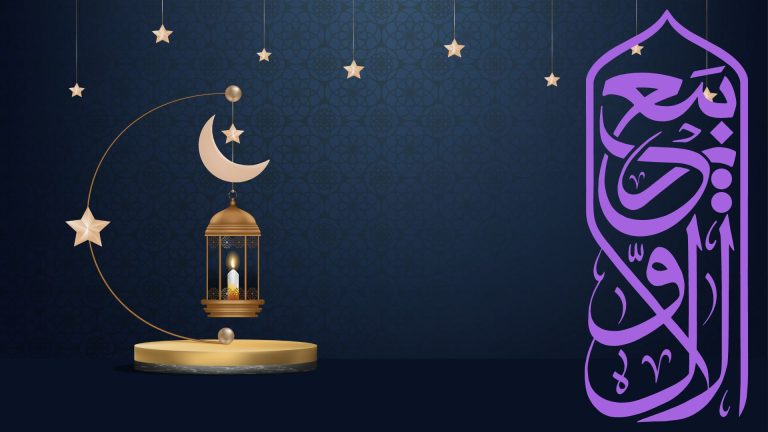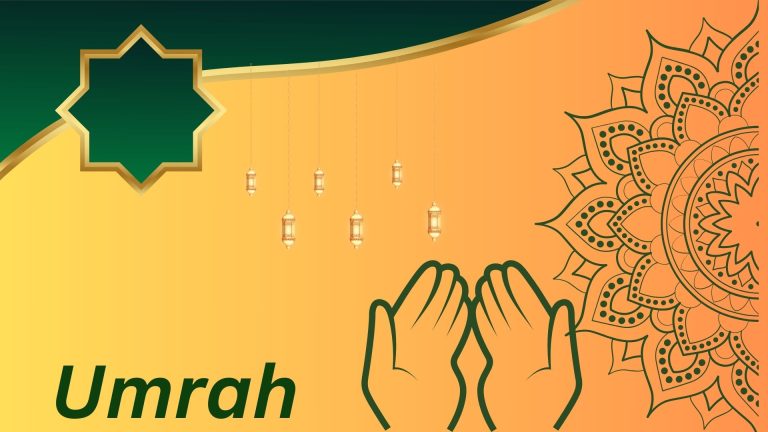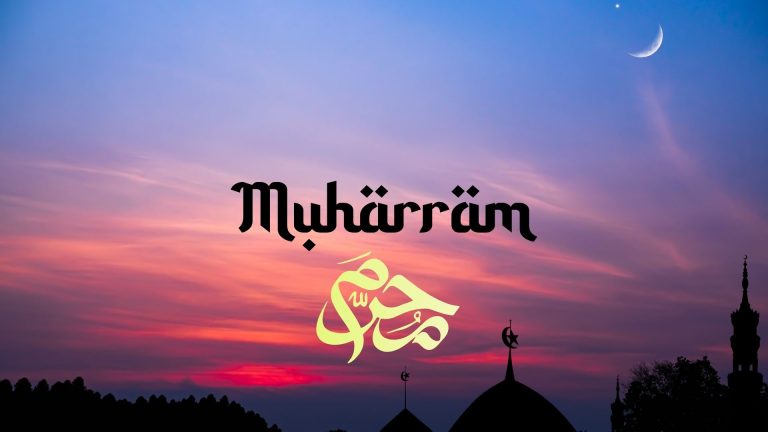EID-UL-FITR
A Guide to Religious Observances
Eid is a significant festival in Islam, celebrated twice a year. The first is Eid-ul-Fitr, which marks the end of Ramadan, a fasting month. The second is Eid al-Adha, which commemorates the willingness of Ibrahim (Abraham) to sacrifice his son as an act of obedience to God.
Eid al-Fitr, also known as the “Lesser Eid,” is celebrated with special prayers, greetings like “Eid Mubarak” (Blessed Eid), and acts of charity. It is a time for families and friends to come together, share meals, and exchange gifts. In many countries, it is a public holiday, allowing people to enjoy the festivities and spend time with loved ones.

Eid-Ul-Fitr History
Eid-ul-Fitr is a significant Islamic festival that marks the end of Ramadan, the holy month of fasting. According to Islamic belief, it was during Ramadan that the Holy Quran was first revealed to Prophet Muhammad. Throughout the month, Muslims fast from dawn to dusk, dedicating themselves to prayer and refraining from negative thoughts and actions.
Eid ul-Fitr, often simply referred to as Eid, is a time of joy and thanksgiving for Muslims. It is a day of celebration, feasting, and charity, as Muslims come together with family and friends to thank Allah for giving them the strength and endurance to fast during Ramadan. It is also a time for Muslims to show gratitude for the blessings they have received and to seek forgiveness for any sins they may have committed.
Eid-ul-Fitr is also a time for giving to those in need, and Muslims are encouraged to give to charity (zakat al-fitr) to ensure that everyone can participate in the celebrations. It is a time of unity and compassion as Muslims come together to celebrate their faith and strengthen their bonds with each other and with Allah.
How do Muslims Celebrate Eid-Ul-Fitr?
Eid al-Fitr is a festive occasion celebrated by Muslims worldwide, typically spanning two to three days. The celebrations begin with special morning prayers, where Muslims gather at mosques or open spaces to offer prayers of gratitude. During these gatherings, people exchange greetings of “Eid Mubarak,” meaning “Blessed Eid,” and embrace each other formally.
One of the hallmark traditions of Eid-Ul-Fitr is the preparation of sweet dishes at home. Family and friends enjoy these dishes, often shared with neighbors and those in need. Additionally, it is customary for Muslims to give gifts to children and those less fortunate as a gesture of kindness and generosity.
Another important aspect of Eid al-Fitr is the emphasis on forgiveness. Muslims are encouraged to forgive past grievances and seek forgiveness from others, fostering a spirit of reconciliation and unity within the community.
The way Eid-Ul-Fitr is celebrated can vary from country to country and region to region. Eid al-Fitr is a national holiday in many countries with significant Muslim populations. Schools, offices, and businesses are closed, allowing families, friends, and neighbors to come together and enjoy the festivities. Muslims in the U.S. and the U.K. may request time off from school or work to travel or celebrate with loved ones.
In countries like Egypt and Pakistan, homes are often decorated with lanterns, twinkling lights, or flowers to mark the occasion. Special food is prepared, and gatherings are held where friends and family come together to celebrate and share in the joyous atmosphere of Eid al-Fitr.
Eid Prayer and Edgar
The Eid prayer is a significant congregational prayer performed in an open area such as a field, community center, or mosque, marking the end of Ramadan and the beginning of the Eid al-Fitr festival. Unlike regular prayers, no call to prayer is given for the Eid prayer. It consists of only two units (rak’ahs) of prayer, with six (06) extra Takbirs (saying “Allahu Akbar”) and other prayer elements depending on the branch of Islam observed.
After the prayer, a sermon (khutbah) is delivered, instructing Muslims on performing Eid rituals and emphasizing concepts such as zakat (charitable giving). The sermon also includes supplications asking for God’s forgiveness, mercy, peace, and blessings for all living beings worldwide.

Procedure
The procedure for the Eid prayer involves praising God loudly while heading to the prayer area and reciting a specific phrase:
“Allāhu Akbar, Allāhu Akbar. Lā ilāha illà l-Lāh wa-l-Lāhu akbar, Allahu akbar wa-li-l-Lāhi l-ḥamd”
The recitation stops upon reaching the prayer area or when the Imam begins. The prayer begins with the Imam leading the congregation in “Niyyah” (intention) for the prayer, followed by the Takbirat al-Ihram (the opening “Allahu Akbar” three times). The congregation then performs the prayer as follows:
After the prayer, the khutbah is delivered, which may include various topics such as reflections on Ramadan, reminders about Islamic teachings, and guidance on virtuous behavior.
FAQs
How is Eid ul Fitr celebrated?
Eid ul Fitr is celebrated with special prayers, greetings, acts of charity, and festive meals shared with family and friends. Muslims also wear new clothes and exchange gifts.
How is the Eid prayer performed?
The Eid prayer consists of two units (rak’ahs) with additional Takbirs (saying “Allahu Akbar”) and is performed in congregation, typically in an open area or mosque.
What is the significance of giving gifts on Eid ul Fitr?
Giving gifts, known as Eidi, is a way to express love, strengthen community relationships, and share blessings with others.
Can Eid ul-Fitr be celebrated at home?
While the Eid prayer is typically performed in congregation, many aspects of Eid ul-Fitr, such as family gatherings and festive meals, can be celebrated at home.
Conclusion
Eid-Ul-Fitr is a time of joy, gratitude, and community for Muslims worldwide. It signifies the completion of Ramadan, a month of fasting and spiritual reflection. The festival is celebrated with prayers, charity, and feasting, bringing families and friends together in a spirit of unity and brotherhood.
Eid ul-Fitr is a religious observance and a cultural celebration, with traditions that vary across regions but share the common themes of giving, sharing, and gratitude. As Muslims come together to celebrate Eid ul-Fitr, they renew their faith, strengthen their bonds with one another, and share the season’s blessings with those in need.




